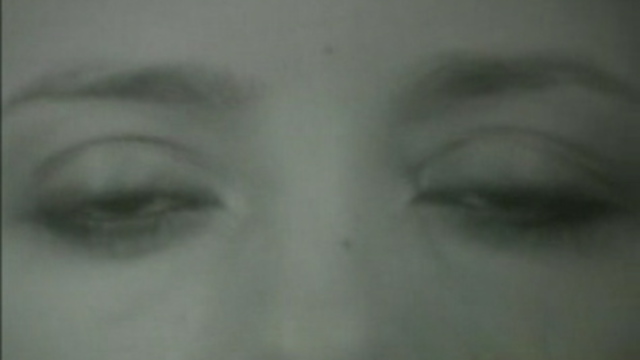Interfiction
by ZKP
TRANSLATED MESSAGE:
The global data-network is on everyone's lips. Initiatives that plan
and promote the further extension of the nets in the big style
originate in politics and economy. Goal of this engangement is an
efficiency-oriented and economy- centered utilization of the new
structures of communication. The capacity of these projects is already
proven within a wide range of areas and especially curious people are
working with it yet. However, one can also judge this development
skeptically.


